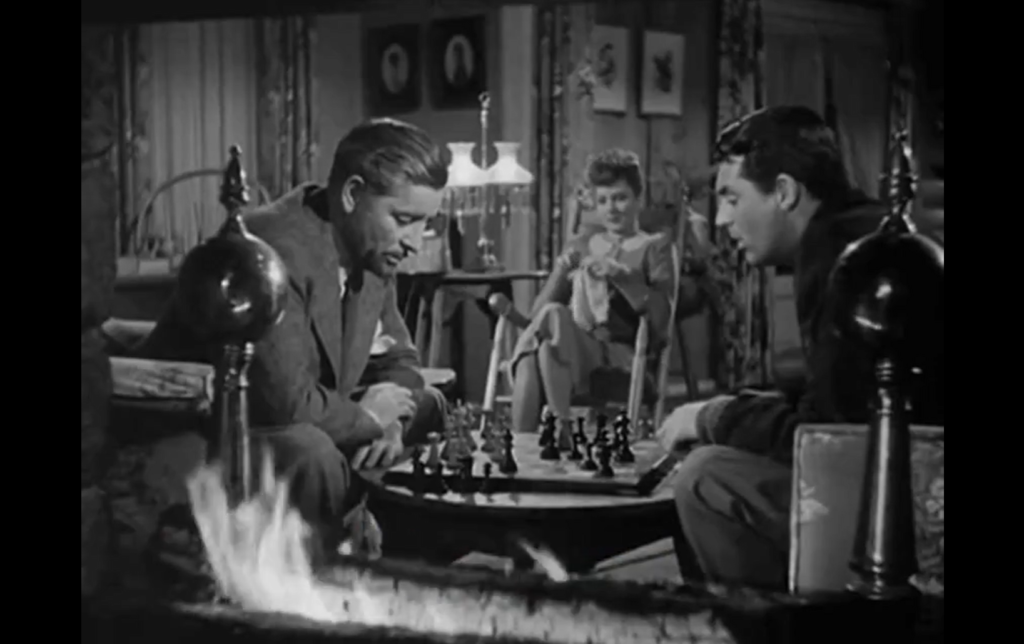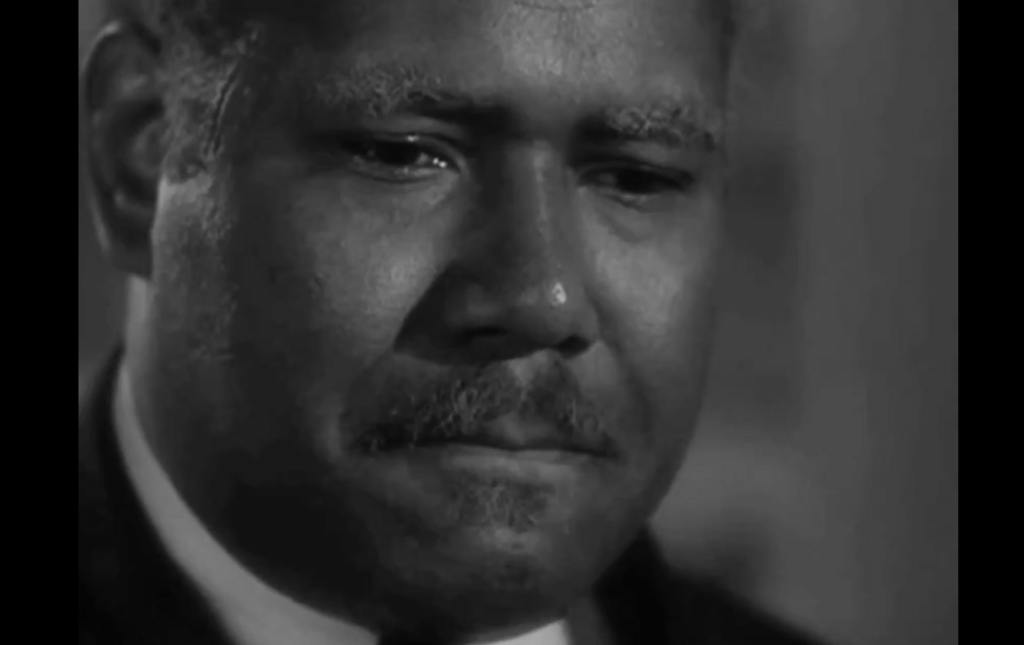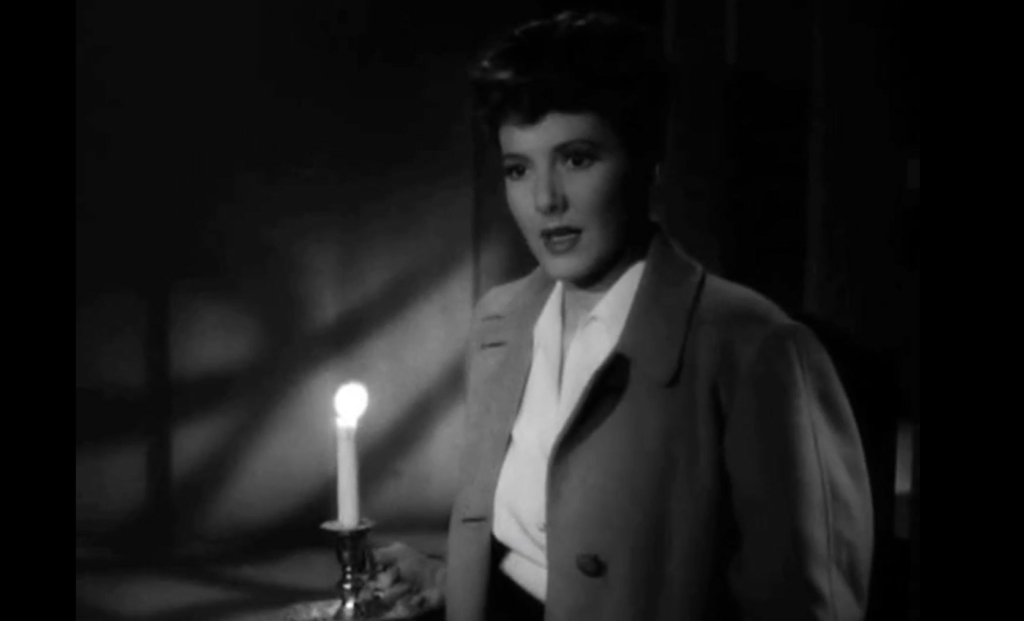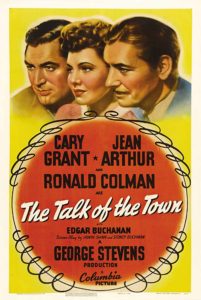|
Genres:
- Cary Grant Films
- Falsely Accused
- Fugitives
- George Stevens Films
- Jean Arthur Films
- Lawyers
- Love Triangle
- Rex Ingram Films
- Romantic Comedy
- Ronald Colman Films
Review:
Cary Grant’s third film with director George Stevens — after Gunga Din (1939) and Penny Serenade (1941) — was this unfunny attempt to imbue a romantic love triangle comedy with a sense of political justice; or, as DVD Savant refers to it, “an odd blend of civics lesson and screwball comedy”. His review sums up many of the film’s problems:
The clever script has far too many climaxes, and starts off with comedy so unsteady that even pro Jean Arthur, running around in her pajamas all morning, has a hard time keeping things in balance. When they get into the meat of the story, the authors seem to be saying that good liberal thinking in this country (Colman) has to warm up to human needs if it expects to counter the avarice of landlords, factory owners and crooked politicians. In other words, there’s no right or left, just Corrupt and Noble, and the Noble better get off their podiums and into the trenches to fight for what’s right, or America is in trouble. It sounds great, but the end result is a little thin.
Indeed, the screenplay sets these characters up so predictably that all that’s left is a sense of curiosity about who Arthur will choose as her romantic partner — something apparently even the screenwriters themselves were uncertain about (two endings were filmed, and audience reactions helped to make the final choice).

Rex Ingram is given a thankless role as Colman’s loyal butler, shedding a long, slow tear for him when he decides to shave off his beard (?!); it’s small comfort that, as Savant writes, “He’s not used for a single laugh, which is very progressive for a 1942 picture.” Okay — but this is a long stretch down from his memorable, larger-than-life role in The Thief of Bagdad (1940).

Redeeming Qualities and Moments:
- Ted Tetzlaff’s cinematography

Must See?
No; you can skip this one unless you’re curious.
Links:
|




One thought on “Talk of the Town, The (1942)”
First viewing. In complete agreement with the entire post. Not must-see.
Seems there were good intentions here but things do end up a muddle too much of the time. *None* of the humor works (and they didn’t notice that from the get-go in the script?). But it seems it was hoped that some ‘sugar’ would help the ‘medicine’ (the civics lesson) go down.
It’s certainly nice to see a fraud undone (when that finally happens) – but I had the general sense that all three leads were acting against an overall feeling of discomfort. These aren’t exactly performances of strong conviction. And Stevens’ direction is pedestrian (and occasionally noticeably clumsy).